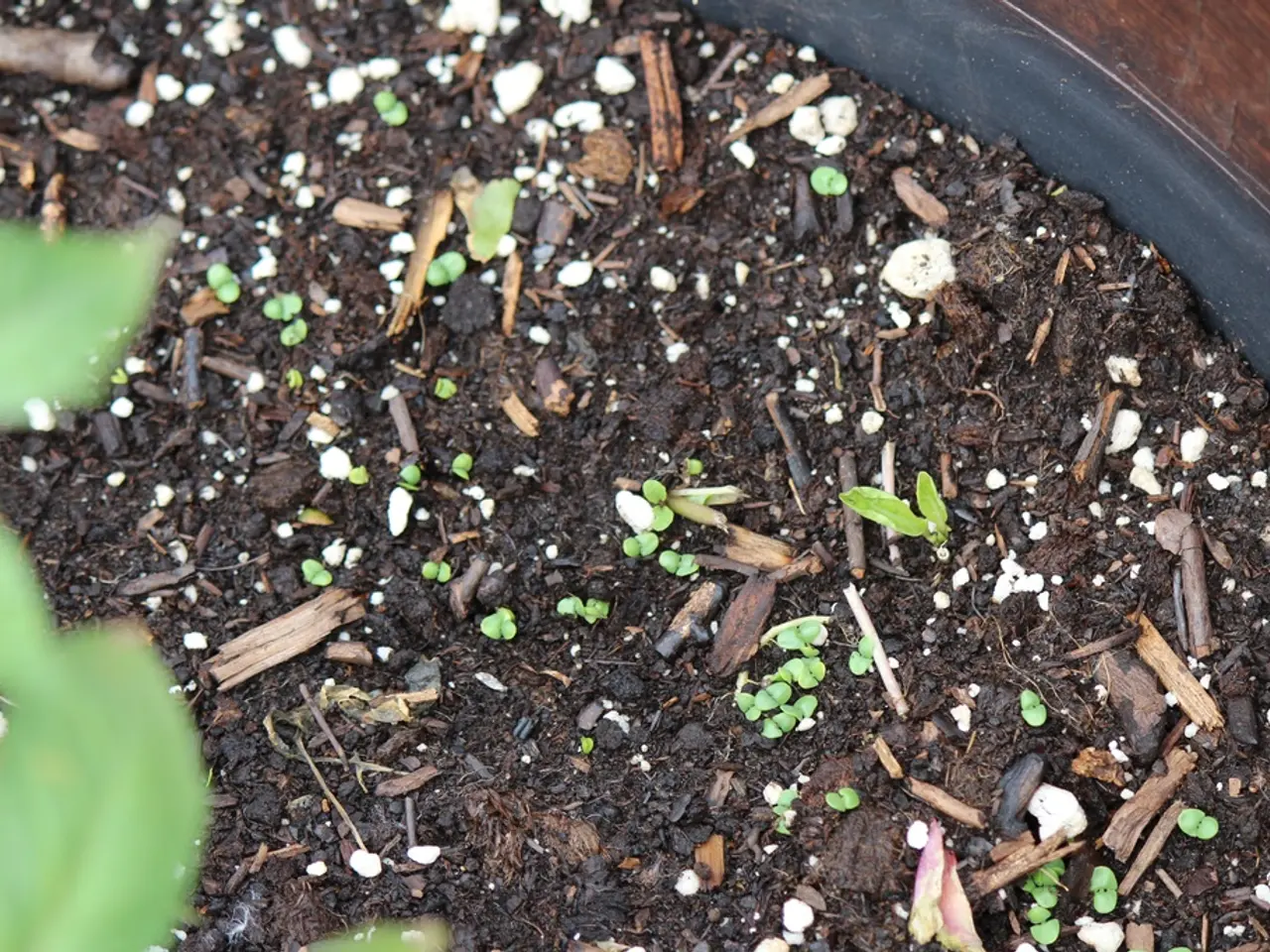Underneath your feet lies a complex world of soil, revealing more than just what meets the eye.
In the quest for a lush, thriving garden, many gardeners focus on planting the right seeds, watering, and sunlight. However, a crucial aspect often overlooked is the health of the soil. Soil, viewed as a living organism, provides the conditions of fertility for plants, and promoting soil biology can lead to healthier plant growth and a reduced need for synthetic chemicals.
The soil is teeming with life, from bacteria and fungi to earthworms, nematodes, and arthropods. Each of these organisms plays a vital role in maintaining soil health and nourishing plants.
Soil organisms break down complex organic matter from plant and animal residues into simpler compounds, releasing nutrients like nitrogen, phosphorus, and sulfur in forms that plants can absorb. For example, bacteria such as Rhizobium fix atmospheric nitrogen in symbiosis with legumes, directly supplying usable nitrogen to plants. This natural nutrient release reduces dependency on synthetic fertilizers.
Fungi and earthworms contribute to forming stable soil aggregates, which increase soil porosity. This improves water infiltration, retention, aeration, and root penetration, creating a better environment for roots and soil life. Compost and organic matter support these organisms, enhancing soil physical health.
Certain soil microbes, including plant growth-promoting rhizobacteria (PGPR) and fungi, can suppress soil-borne pathogens and nematodes by producing natural biofumigants or competing with pests. Biofumigation using specific plants releases compounds that disrupt nematode and pest physiology, lowering the need for chemical pesticides. Enhanced microbial diversity further stabilizes the soil ecosystem against disease outbreaks.
The presence of beneficial microbes under conditions like salinity can enhance plant growth and health via nutrient solubilization, hormone production, or stress reduction. Enhanced enzymatic activity in soil and roots mediated by soil biology improves nutrient uptake and root development.
Animal manure, such as horse and cow, can be obtained for the cost of delivery and contains a lot of goodness. Horse manure is better for heavy soils, while cow manure is suitable for lighter soils. Many gardens have grown fine plants in soil improved with horse manure. When bacteria die, the nutrients they recycle become available to plants. Earthworms' digestive enzymes make nutrients more available to plants and can open up compacted soils and increase soils' water-holding capacity.
Arthropods, such as mites, spiders, beetles, springtails, millipedes, shred organic matter, speeding their decomposition. Gastropods, including slugs and snails, convert organic waste to a more decomposed form and help bind soil particles together. Protozoa supply as much as three quarters of plants' nitrogen requirements.
Adding organic matter to the soil surface can increase soil life and plant health. Black and crumbly green waste compost, mushroom compost, and animal manure are available at reasonable prices. However, these composts are not rich in nutrients, so it's suggested to keep the most finely decomposed compost for plots where vegetables are grown. Purchasing compost and manure can supplement homemade compost.
Adopting these practices together (avoiding synthetic chemicals, minimizing cultivation, adding organic matter) is self-reinforcing for healthier soil and plants. Soils with an abundance of fungi, bacteria, nematodes, worms, beetles, etc., can nourish plants in a healthier way than synthetic nutrients. Knowledge of soil biology and factors promoting life in the soil is beneficial. Promoting soil biology by increasing the presence of fungi, bacteria, nematodes, worms, and other soil organisms contributes to healthier plant growth and reduces the need for synthetic chemicals by enhancing nutrient cycling, improving soil structure, suppressing pests and diseases, and increasing soil fertility naturally.
In conclusion, a healthy soil ecosystem teeming with life is the foundation for robust plant growth and a greener planet. By adopting practices that promote soil biology, gardeners can reduce their reliance on synthetic chemicals, grow healthier plants, and contribute to a more sustainable environment.
- Fungi, bacteria, and other soil organisms play a vital role in breaking down organic matter, releasing nutrients like nitrogen, phosphorus, and sulfur for plants to absorb.
- The presence of soil organisms improves soil physical health by forming stable aggregates, enhancing water infiltration, retention, aeration, and root penetration.
- Adopting practices that promote soil biology, such as avoiding synthetic chemicals, minimizing cultivation, and adding organic matter, can lead to healthier plants, reduced reliance on synthetic chemicals, and a more sustainable environment.




